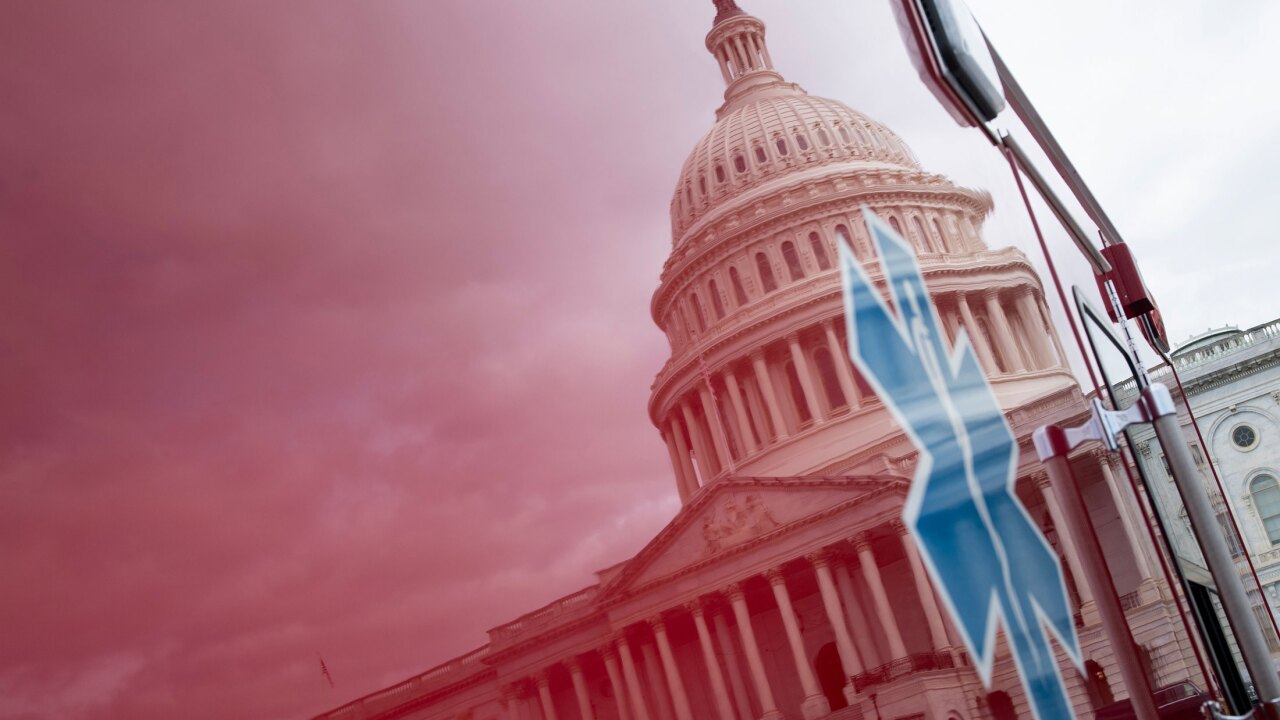For Diego Mariscal, the goal has never been perfection. The goal has been resilience.
"I remember falling off of a horse when I was a kid, and I was just like, 'Okay! Let's go back up again,'" Mariscal recalls. "The trainer was so shocked. But for me, it wasn't that big of a deal. It's just like any other day: you get up and you try again."
Mariscal is no stranger to finding new ways to do things. He was born with cerebral palsy, a congenital disorder that affects his motor functions, including his ability to walk, read and write. Now, as CEO of 2Gether-International, a leading D.C.-based accelerator for disabled founders, he knows that the resilience that drives him as an entrepreneur is the same fire that drives him to overcome his physical challenges.
"I've always been an entrepreneur," Mariscal says. "I started my first business when I was 18 — I don't really know any other way. But people still see the
Read more:
Entrepreneurship, Mariscal explains, can give disabled workers an escape from unwelcoming or even discriminatory workspaces and offer a more flexible and accommodating career. According to the National Disability Institute, disabled founders are
As a result, the amount of support made available to disabled entrepreneurs is often less than what's available to other minority groups, the NDI's research found. More than 1.8 million
"You look at the Google search results for support for [BIPOC] entrepreneurs, and there's a billion results," Mariscal says. "You look at support for women entrepreneurs, another billion results. But when you Google support for disabled founders, there are maybe thousands of results. It's not even a comparison."
Which is why Mariscal started 2Gether-International in 2015. He wanted to create a space where hopeful entrepreneurs with disabilities can access master classes, participate in one-on-one mentorship opportunities, and provide resources and events that prioritize accessibility. He believes that having disabled folks in positions of power is the only way to begin building truly inclusive spaces for them.
It will take time and thoughtful consideration, he knows: at a recent event that Mariscal co-sponsored — one intended specifically for
"As a non-disabled entrepreneur, you can just search for a meetup and start building your rolodex and your ecosystem," Mariscal says. "But if you're an entrepreneur with a disability, you have to make sure: Is the venue accessible? Are there going to be sign language interpreters? If you're blind, are they gonna be describing what's going on? It's a lot of systematic thinking."
Since its launch, more than 44 remote and in-person startups have participated in 2Gether-International's accelerator cohort programs worldwide, and the company has built a network of over 500 disabled entrepreneurs.
Read more:
If there's anything Mariscal has learned from
"We are the largest minority in the world," Mariscal says. "And any of us, if we live long enough, are going to acquire a disability some day. So the addressable market when you're thinking about disabilities is everybody, not just folks currently with disabilities."
Mariscal's goal is to help create a landscape where disabled people not only have a place at the table they feel confident at, but a landscape that recognizes the inherent value those folks have because of their disability, not despite it.
"Different disabilities are going to develop different skills in different ways," he says. "But looking at how that disability is a competitive advantage for business is really the core and the uniqueness of that conversation."






